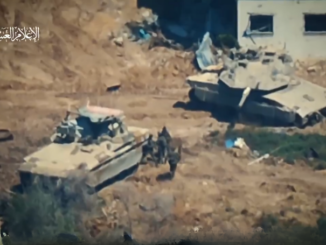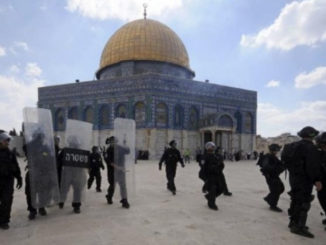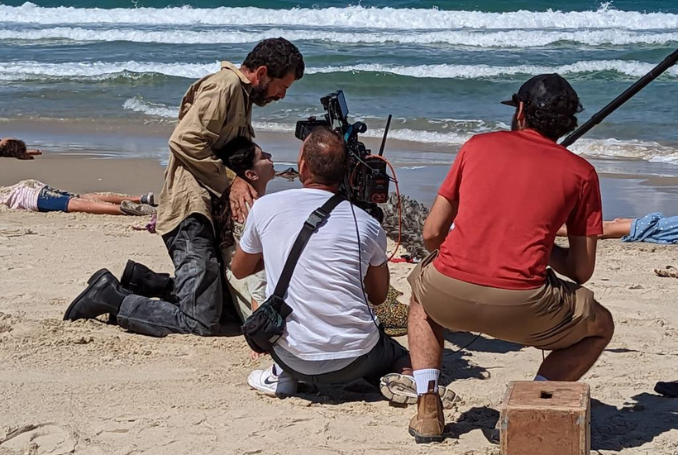
“Our conversation began with the question ‘why Gaza?’ and I think many people will have the same question. For me this, is a question of the essential duty of art and cinema.” – Waseem Kher, director
As an exhausting period of filming drew to a close, the crew of Gaza Bride 17 looked back on a much longer process, over half a decade where funding and resources were blocked, threatening to make the film an impossibility.
That it was produced at all, reports director Waseem Kher, is testimony to the committed belief of its cast and crew in the film as a “cause.” Bringing together a collective of many of Palestinian cinema’s most experienced figures, Gaza Bride 17 presents an innovative narration of one Palestinian fisherman and his struggle to survive.
Thrown into the tempestuous Mediterranean with the sinking of a boat of refugees from Gaza, the path of Saleh (Saleh Bakri) is accompanied by death from its outset. A constant reminder of the bloody murder of his ten-year-old son (Ward Hilou) by Zionist naval forces, the journey of this penniless fisherman leads inextricably back to its starting point. Here, the screenplay, its silence and minimal dialogue impel the viewer to “live the experiences of Saleh,” through a psychological representation of siege and colonialist warfare in southern Palestine.
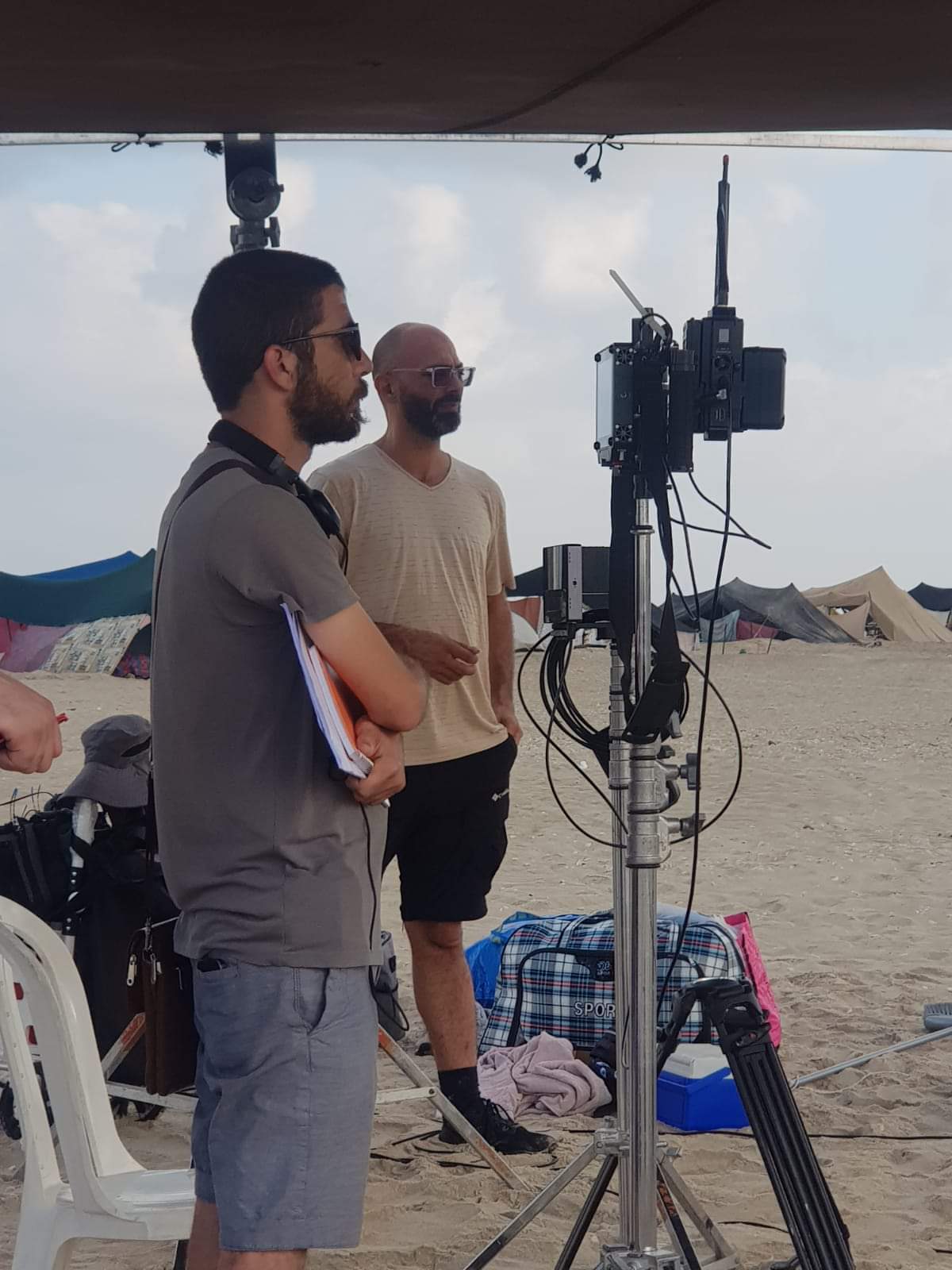
What significance does Gaza have for a director from the northern village of al-Biqea’? And why this form of aesthetic presentation? As Waseem explains, “There is nowhere in Palestine that has endured F16 planes, cluster bombs and the forms of warfare to which Gaza is exposed. It follows that, on the psychological level, the human crisis is much more severe than anywhere else in Palestine.”
Famed for their steadfastness, the people of Gaza, Waseem maintains, face the “powerful effects” of a manifold siege. The filmmakers aim at an unseen glimpse of Gaza, narrating its collective human experience through a “poetic form” personified in one character.
There are both acts of solidarity and significant obstacles to the depiction of Gaza by ’48 Palestinians, physically barred by the Zionist entity from entering this portion of their land.
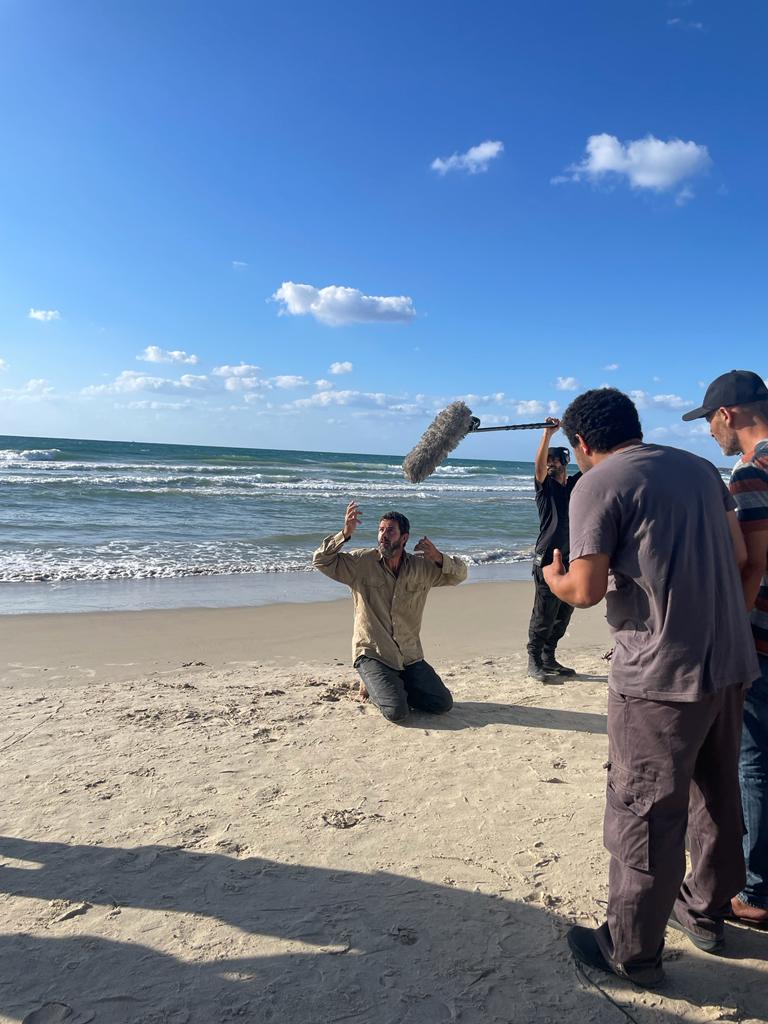
Filming took place north of the ‘border’ in the coastal region of Haifa and the mountainous Jabl al-Jarmaq in northern Galilee. Evoking Gaza from behind its physically-enforced partition from historic Palestine requires a work of “magic,” says Waseem. This conjuration applies to the story itself, with the vast majority of the film silent. Saleh Bakri, a well-known figure in Palestinian cinema (The Present, Wajib), is able to “express a scene’s meaning without speaking… to conjure up this character without saying a single word.”
Gaza Bride 17 sees actress Mariam Basha (Daughters of Abdul-Rahman, The Present) working, for the first time, behind the camera: “The way the story is told in this film was so different and special that it made me want to jump in and be involved.”
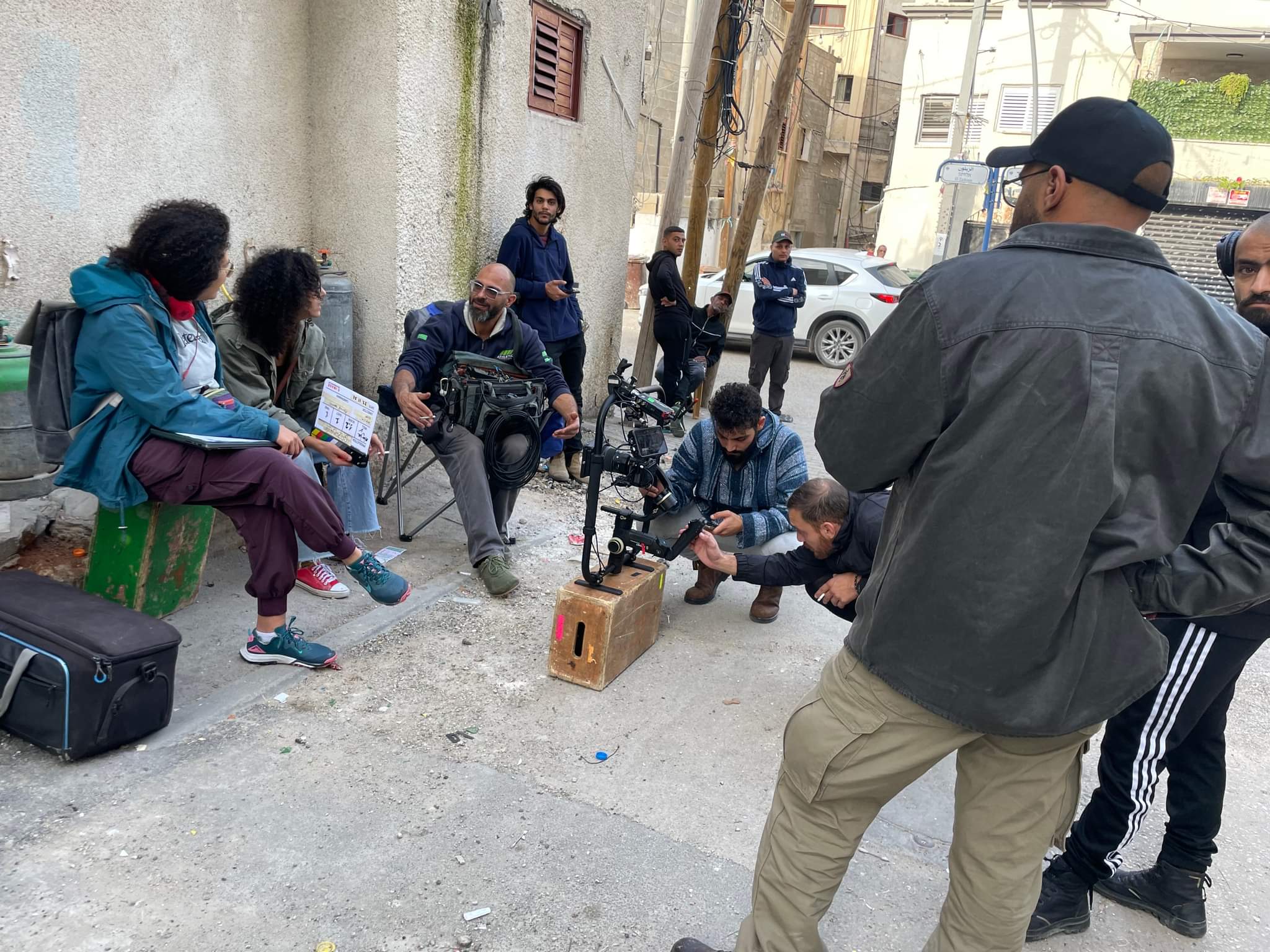
Reflecting on the difficulty of being behind camera, rather than in front of it, she admits, “us actors we have very hard egos… But the project itself just makes you forget about this and want to be a part of this artistic project.”
This sense of duty runs through the words of the film crew and, dialectically, ties their central character to Palestine itself. For Waseem, “we must recognize the responsibility upon us if we want to tell this story or to talk about Gaza,” avoiding a superficial presentation of its experiences. A six-year fight for funding and the basic infrastructure to make this film happen is also referential to the experiences of Palestinians more broadly. Resistance for Palestine coincides with the struggles of producing committed art which strikes from the margins.
Gaza Bride 17 is set for international release in late spring 2023.
(The Palestine Chronicle)

– Louis Brehony is a musician, activist, researcher and educator. He is author of the book Palestinian Music in Exile: Voices of Resistance (2023), editor of Ghassan Kanafani: Selected Political Writings (2024), and director of the award-winning film Kofia: A Revolution Through Music (2021). He writes regularly on Palestine and political culture and performs internationally as a buzuq player and guitarist. He contributed this article to The Palestine Chronicle.

